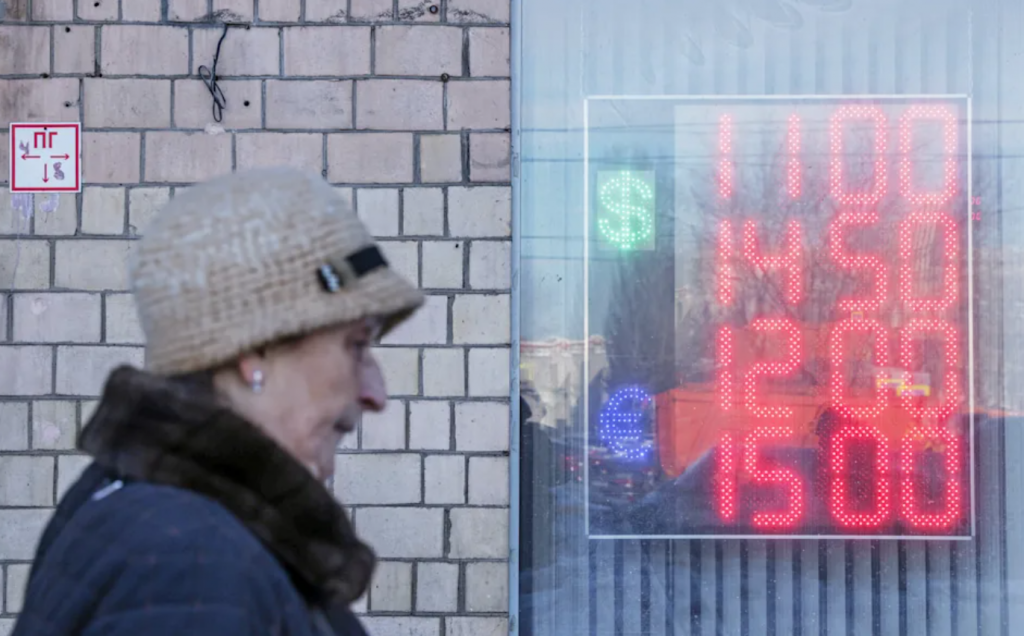
While the Moscow Exchange is set to reopen Thursday after a four-week shutdown, trading in Russian stocks listed on international exchanges remains on pause indefinitely — and the suspension is dramatically lifting the risk of default for these companies.
Since stock exchanges worldwide halted trading of Russia-linked companies over the country’s invasion of Ukraine, the median one-year market signal probability of default for nearly two dozen foreign-listed Russian enterprises has spiked more than 20%, jumping to 23.1% on March 8 from just 2.5% on Feb. 21, according to data from S&P Global Market Intelligence.
The analysis calculated the probability of default based on movements in the share prices of 16 companies headquartered in Russia that are listed on exchanges in the U.K., U.S., Singapore and Australia, and six Russia-connected companies based abroad that primarily trade on the London Stock Exchange.
The probability of default on these companies now ranges from 7.60% to 57.57%, compared to just weeks before the broad-based rise in risk, when the probability of all but two companies was in the single-digits.
The London Stock Exchange suspended trading in 28 companies with strong links to Russia as of March 3. In the U.S, the Nasdaq and New York Stock Exchange imposed trading halts on stocks of Russian-based companies on Feb. 28 with no plans to resume activity.
Russia’s central bank said its stock market will have a partial re-opening this Thursday after a near month-long hiatus since Feb. 25, with 33 securities to be traded on the Moscow Exchange.
For Russian stocks trading domestically, the median one-year probability of default for companies listed on Moscow-based exchanges also jumped to 22.1% on March 8 from 2.1% on Feb. 21, the data from S&P Global Market Intelligence showed.
The spike in default risk came as the price of shares of Russian listed on foreign-exchanges collapsed amid a sell-off by investors cutting their exposure to Russian assets on the rollout of Western sanctions.
These companies include agriculture giant Don Agro International, traded on the Singapore Exchange, which also said in early March any companies subject to sanctions or engaging in sanctioned business dealings with Russia should suspend trading of their listed securities until they have demonstrated that the sanctions no longer apply to their businesses, and Nasdaq-listed online recruitment company HeadHunter Group. The Nasdaq halted trading in the company’s stock on Feb. 28.
As the risk of default rose, the corresponding change in implied credit scores for these companies also changed dramatically. One of the companies evaluated fell seven rating spots and nine other companies dropped five or six implied rating scores.
The downfall in creditworthiness of Russian companies comes as a barrage of credit-rating agencies cut the country’s own credit rating.
S&P Global Ratings, whose credit ratings are independent from the implied credit scores generated by S&P Global Market Intelligence, cut Russia’s foreign and local currency credit ratings to CC from CCC- on March 17, just two weeks after the firm downgraded Russia into junk territory over increased default risk related to the conflict.